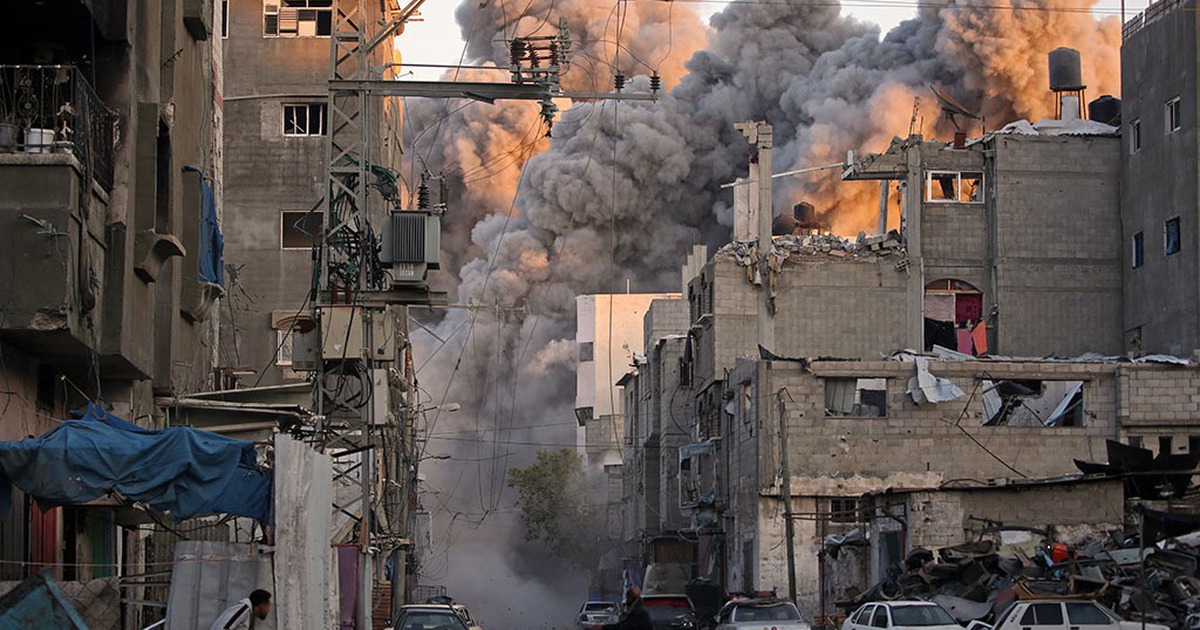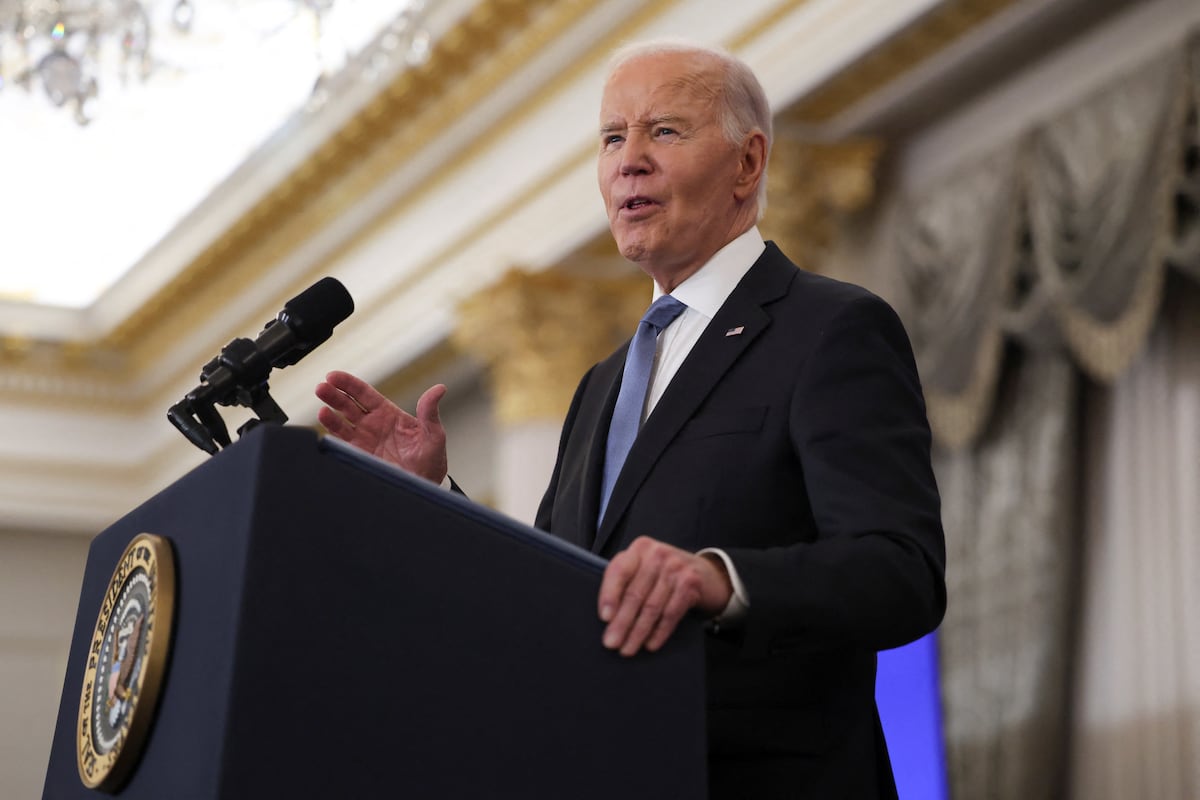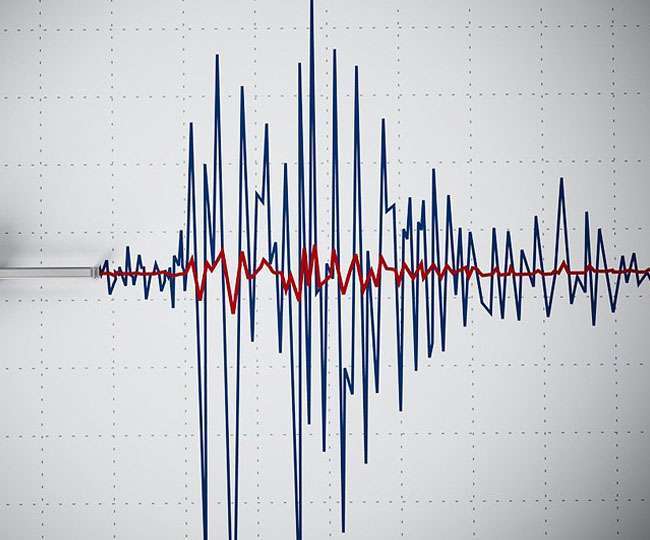The indirect negotiations that began in Qatar more than a week ago between Israel and Hamas to reach a ceasefire agreement in the Strip seem close to being signed, sources from both parties stated this Monday. But there have been so many times in recent months that some supposedly close agreement was frustrated, that everyone now prefers to exercise extreme caution. In any case, sources from both parties agree that progress has been made in the talks. And this is also certified from the United States by the White House national security advisor, Jake Sullivan, who sees a “clear possibility” that the two parties close an agreement.
This progress in the dialogue had already been brewing for several days. And, for this reason, the Israeli Prime Minister, Benjamin Netanyahu, sent a high-level delegation to Doha this weekend where David Barnea, the head of Mossad, the Israeli secret services agency abroad, was traveling. Also present at the negotiations are the special envoy for the Middle East of the current US Government, Brett McGurk, and his successor next week, Steve Witkoff, when Donald Trump assumes the presidency of the United States.
Various media reported that Israel and Hamas received a final draft of the agreement from Qatari intermediaries, after a long night of negotiations from Sunday to Monday. Hamas, for its part, issued a statement stating that the release of its prisoners was close. Several Israeli media indicated that the initial agreement entails the handover by Hamas of 33 hostages and the progressive withdrawal of the Israeli army, except in a security perimeter not yet defined. This principle of agreement would also lead to the release of 1,000 Palestinian prisoners, according to these versions.
Once 16 days have passed since the signing, the second phase of the agreement would begin, in which the Palestinian organization would hand over the rest of its hostages and the army’s withdrawal would continue. Hamas kidnapped 251 Israelis on October 7, 2023. Of them, he still has 96 in his possession, although at least 34 are already dead, according to Israeli sources.
If it goes ahead, the agreement will not be free of controversy and divisions within the Israeli Government itself. The far-right Israeli Finance Minister, Bezalel Smotrich, described this Monday the progress of the negotiations as a “catastrophe for the national security of the state of Israel,” according to a message posted on his X social network account.
העסקה המתגבשת היא קטסטרופה לביטחון הלאומי של מדינת ישראל.
לא נהיה חלק מעסקת כניעה שתכלול שיחרור ארכי מחבלים, עצירת מלחמה ומסמוס הישגיה שנקנו בדמים מרובים, והפקרת חטופים רבים.
זה הזמן להמשיך בכל הכוח, לכבוש ולטהר את כל הרצועה, לקחת סוף סוף מידי חמאס את השליטה על הסיוע ההומניטרי…— בצלאל סמוטריץ’ (@bezalelsm) January 13, 2025
The minister warned that he will not be part of “a surrender agreement that allows the release of terrorists, stopping the war and the wasted achievements that were paid for with a lot of blood and the abandonment of many hostages.” And he added: “This is the time to continue with all our forces, conquer and purify the entire Strip, to finally snatch Hamas’s dominance over humanitarian aid and open the gates of hell in Gaza until the definitive surrender of Hamas and the return of all the hostages.”
Optimism also in Washington
In Washington, the prospect of an agreement during the last week of Joe Biden’s presidency is welcomed with great caution, but with undeniable optimism. Just seven days before President-elect Donald Trump is sworn in, the White House national security advisor announced the “clear possibility” that Israel and Hamas could close a pact. A pact that the Biden Administration had tried again and again, without success, since the beginning of the war in the strip in October 2023, and whose failure may have been one of the factors that influenced the Democratic defeat in the elections of November 2024.
“The pressure is growing for Hamas to say yes,” Sullivan said in an interview with the Bloomberg agency. “The question now is if we can all take advantage of this moment and make it happen,” he added. The White House special envoy for the Middle East, Brett McGurk, has been in the region for more than a week to try to finalize the details of the possible agreement, he said.
“The mounting pressure in the final days of President Biden’s term has been considerable,” the National Security Adviser has stated. “That will help a positive outcome if we can generate that final ‘yes’ from both sides.”
On the American side, these pressures have been exerted in a coordinated manner both from the outgoing White House and from the transition team of the incoming Donald Trump Administration. While McGurk negotiates on the ground, Biden spoke this Sunday with the Israeli Prime Minister and the Emir of Qatar, Tamim bin Hadad al Thani. Sullivan also dealt with Qatari Prime Minister Mohammed bin Abdulrahman and senior Israeli officials. Meanwhile, US Secretary of State Antony Blinken spoke last week with Omani Foreign Minister Sayid Bard Albusaidi.
From the Israeli side, Foreign Minister Gideon Saar said the negotiations were being coordinated between the Biden and Trump teams. “There is progress, it looks much better than before. “I want to thank our American friends for the enormous efforts they are investing to secure an agreement on the hostages,” Saar said in a press conference broadcast by the Reuters agency.
Trump: “The gates of hell will open”
From the Republican side, Trump threatened last week at a press conference at his Mar-a-Lago mansion: “If they are not back [los rehenes] The moment I take office, the gates of hell will open in the Middle East. And it won’t be any good for Hamas, and it won’t be any good, really, for anyone. The gates of hell will open. I don’t have to say anything else, but it is what it is.” The president-elect did not provide more details about what measures he could apply if the hostages are still being held in the Strip at noon on January 20.
For his part, the National Security Advisor said this Monday at the daily White House press conference: “We are now at a key moment in the negotiations for a ceasefire agreement and release of the hostages in Gaza. (…) We are close to an agreement, and we can get it this week. “I’m not making a promise or a prediction, but it’s there ahead of us and we’re working toward it.”
Meanwhile, in the Gaza Strip, deaths due to Israeli attacks now exceed 46,500 in 15 months of war, according to the Ministry of Health, controlled by Hamas. The majority of the victims are women and minors, according to the UN. Five Israeli soldiers also died this Monday in Gaza. The Israeli army has lost 400 fatalities since the start of the war.





